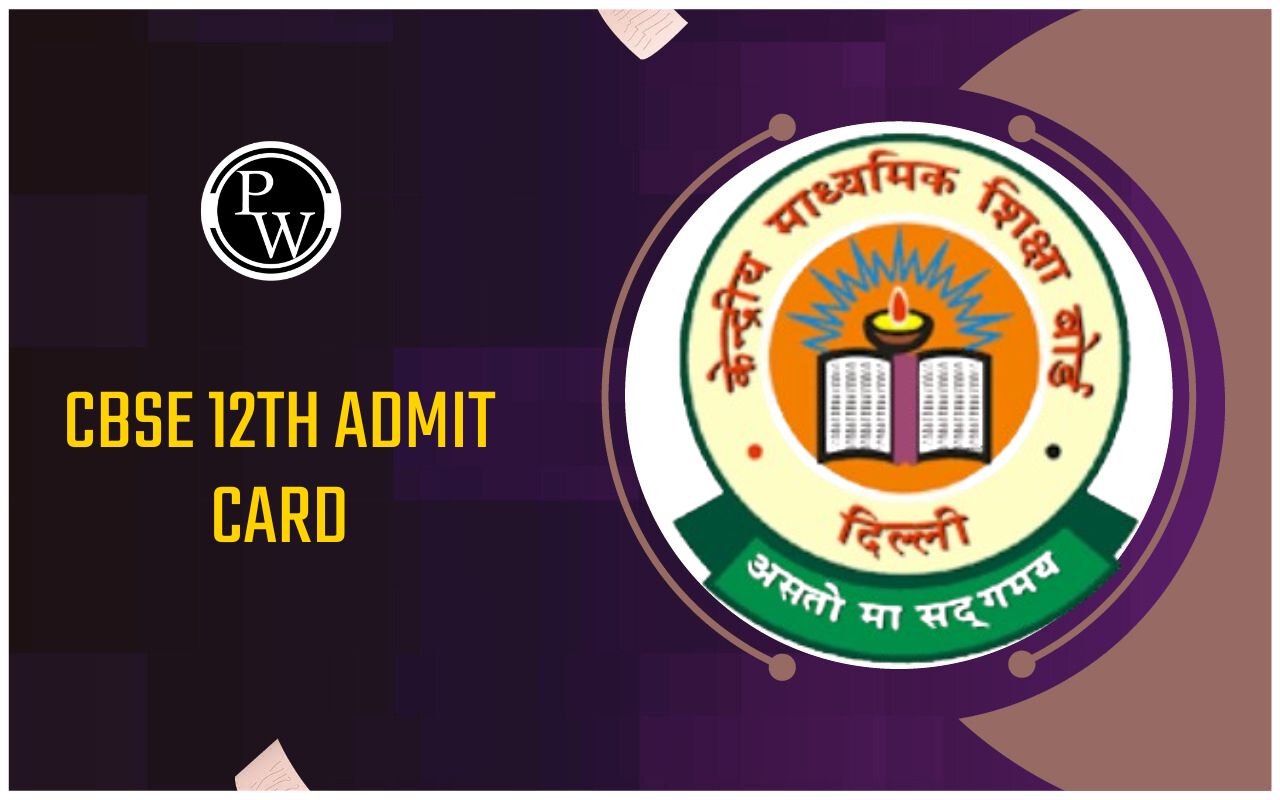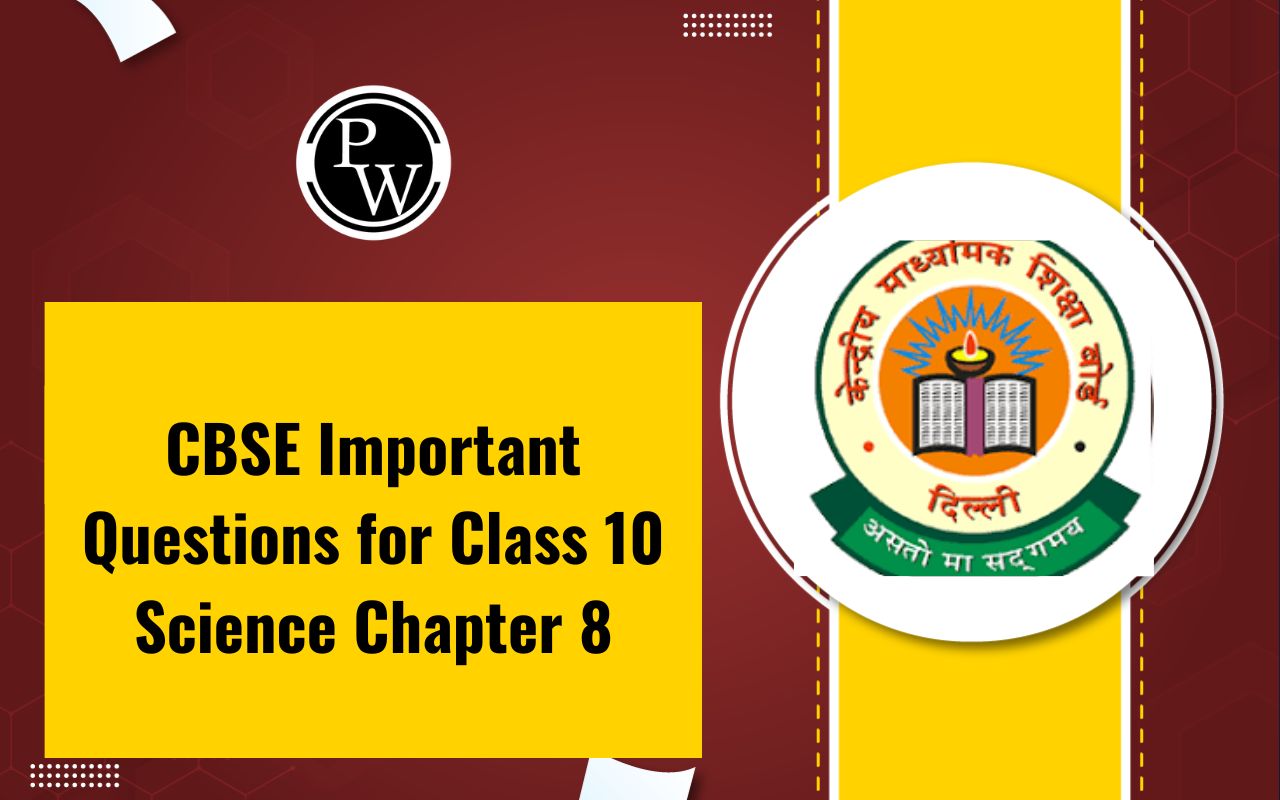
How to Learn English : English is crucial for communication and opens up better job opportunities. It broadens minds, develops emotional skills, and improves the quality of life.
Learning English can also impact online interactions, and this is the reason many people want to know how to learn English. In this article, we will discuss the tips and tricks required to gain proficiency in English.
Why Should You Learn English?
Why does everyone advise you to study English and improve your fluency in this language? Learning English is important as it has become the global language, with most countries considering it as their second language. English is the language of technology, particularly in fields like computer science, genetics, and medicine. It is essential for reading-related documents and broadening one's outlook on the world. Without English, access to the world would be limited.
Because most popular foreign novels are translated into English, and most material on the internet is also available in English, fluency in English provides for more exposure to other cultures through literature. English is considered the Global language of business and more international companies have started using it as a common language for communication. Even companies like Nokia, which did not originate in English-speaking countries, are now using English.
Fluency in English is crucial for success in business careers, and being bilingual is impressive but only if the company can use your language skills effectively. Negotiating with other companies requires a common language, and English is likely to be the best choice. Now you might be wondering how to learn English. Worry not! Keep reading ahead to gain mastery in this language!
Importance of English Language
English-speaking countries like Harvard, Oxford, and Yale are home to top schools offering English courses. This diversity in English courses allows learners to find courses they're interested in. Fluency in English also increases their chances of receiving scholarships from international organizations. Many international organizations require English proficiency as a requirement for scholarships, making it an attractive option for international students.
English is crucial for international and multinational organizations, as it enables communication with foreign clients and business partners, and aids in career advancement. It is particularly beneficial for those in medical sciences, computer science, and technology fields, making it a vital skill for those seeking employment.
Also Check – How to Improve English
Tips and Techniques to Learn English
When learning English, it's essential to follow a structured approach to make the process more manageable. Here's a step-by-step guide on how to learn English:
- Start with the Basics : If you want to know how to learn English, begin with the fundamentals, such as learning the 26 alphabets, recognizing the five vowels (a, e, i, o, u), and understanding that the other 21 alphabets are consonants.
- Learn Syllables : Syllables are combinations of vowel and consonant sounds. Learn to differentiate between monosyllabic (e.g., "dog"), disyllabic (e.g., "table"), trisyllabic (e.g., "custody"), and polysyllabic words (e.g., "hospitality").
- Progress to Sentences : Once you grasp the alphabets and syllables, you can start reading simple sentences and paragraphs.
- Master Speech Sounds : Familiarize yourself with the 44 speech sounds in English, including 24 consonant sounds and 20 vowel sounds. These phonetic symbols are crucial for accurate pronunciation.
- Understand Vowels and Diphthongs : Among the 20 vowel sounds, there are 12 pure vowels and 8 diphthongs (combined vowel sounds).
- Learn Grammar Components : Dive into the various grammatical elements, starting with the eight parts of speech: nouns, pronouns, verbs, adverbs, adjectives, prepositions, conjunctions, and interjections.
- Explore Sentence Structure : Understand how each part of speech fits into a sentence. Sentences typically consist of five main components: subject, verb, object, complement, and adjunct (SVOCA).
- Types of Sentences : Familiarize yourself with the four types of sentences: assertive or declarative, interrogative, exclamatory, and imperative. Also, learn about the three main sentence types: simple, compound, and complex sentences.
- Tenses : Master the three essential tenses – Present, Past, and Future, each further divided into 12 tense forms (Simple, Continuous, Perfect, and Perfect Continuous forms in each tense). Proper understanding of tenses is crucial for effective communication.
- Active Voice and Passive Voice, Figures of Speech, Idioms, Phrases, and Clauses : These topics enhance your language and can be explored after gaining proficiency in the previous components.
- Pro Tip : As you work through these grammar topics, practice by reading short stories, informative articles, and newspaper pieces. Identify the different grammatical elements you've learned, understand their functions, recognize sentence patterns, determine the tense, and experiment with changing it to see how the meaning shifts.
Work on reading passages and attempt to answer questions to gauge your comprehension. This will help you gradually build your English language skills. So now you don’t need to be worried about how to learn English.
Also Check – Parts of Speech
Other Ways to Master English Language
If you’re wondering how to learn English and achieve proficiency in this language check out the additional tips:
Use Speech-To-Text for Text Messaging
If you’re wondering how to learn English, consider using speech-to-text for your text messaging. You can practice speaking English while sending messages to others. First, make sure to enable the speech-to-text feature in your settings. Then, locate the "speech" option on your keyboard. Usually, it's represented by a microphone icon on the right side of the keyboard.
Begin speaking, and your spoken words will be converted into text on the screen. Even though no one can hear you, you still gain valuable practice. It's a great way to improve your English, right?
But what if most of your conversations are with friends and family in your native language? Microsoft Translator offers a solution. Check if your native language is supported in Microsoft's Conversations feature. If it is, you can speak in English, and your words will automatically be translated into text in your native language.
Your chat partner can speak in your native language, and their words will appear in English for you. This way, you can practice your English speaking and reading skills while having the conversations you'd normally have. It's a win-win situation for improving your English proficiency. So now you know how to learn English easily!
Improve Your Pronunciation
Achieving fluency in English requires correct pronunciation. Even if your grammar and vocabulary are strong, unclear pronunciation can hinder understanding, especially for native English speakers.
To enhance your English, pay close attention to how native speakers articulate words and sounds. Emulate their pronunciation diligently. Focus on mastering challenging sounds, such as the "r" sound, which may be absent in your native language, or complex consonant combinations like the "th" sound.
Remember that English pronunciation can vary significantly based on the region. American English differs from British English, so consider your intended location when refining your pronunciation, especially if you plan to travel to or live in an English-speaking country.
Practice English Daily
To achieve fluency in English, daily practice is key. One of the most effective language learning methods is immersion, where you aim to surround yourself with the language in your daily life. The goal is to make English a regular part of your routine, so hearing and speaking it becomes second nature.
There are numerous enjoyable and creative ways to create immersion, beyond traditional studying. You can change your phone settings to English, watch English movies and listen to English songs, maintain an English diary, or even volunteer in places where English is required.
The key is to immerse yourself in English during every study session. Challenge yourself by listening to, reading, and speaking things in English that might initially seem challenging. For true fluency, English must become an integral part of your daily life.
Watching authentic movies and videos is a great way to achieve this as it exposes you to the natural sounds and rhythms of the language. This can be very important for those wondering how to learn English.
Also Check – Body Parts Name in Hindi and English
Learn and Practice Phrases and Not Just Words
Being fluent in English goes beyond merely learning some words; it's about expressing thoughts and ideas coherently and effectively. To make this transition, shift your focus from individual words to whole phrases and sentences.
By learning and practicing entire phrases, you equip yourself with the tools to engage in meaningful conversations. It's like mastering the building blocks of communication. Instead of struggling with isolated words and piecing them together, you'll find it much more efficient to use complete phrases.
Begin by identifying the phrases you commonly use in your native language. For instance, everyday expressions like "How are you?" or "What's your name?" are great places to start. Then, learn their English equivalents and practice using them in context.
This approach not only enhances your speaking skills but also makes English more practical and applicable to your daily life. It helps you develop the confidence to express yourself in full sentences, bridging the gap between basic vocabulary and fluent, expressive communication.
Learn Body Language, Intonation and Gestures
Mastering English fluency involves more than just words and grammar. To truly sound like a native speaker, focus on understanding and using intonation, body language, and gestures.
Intonation encompasses the rise and fall of tone in speech, influencing how your message is perceived. Body language involves how you use your body to convey or contradict your words. Gestures, including hand and body movements, complement verbal communication.
While these aspects may appear natural, learning them is crucial for genuine fluency. One effective method is observing how native English speakers naturally communicate with one another. If you have the means, consider hiring an English teacher. Alternatively, watch YouTube videos that illustrate these subtleties. Stay focused to avoid getting sidetracked by unrelated content. This multi-dimensional approach will elevate your English proficiency to a whole new level, making your speech and demeanor more native-like. So this is your secret tip if you’re wondering how to learn English.
How to Learn English FAQs
Q1. How to learn English easily?
Q2. What are the essential components of English grammar to learn?
Q3. How can I practice English daily?
Q4. How can I enhance my fluency in English?










